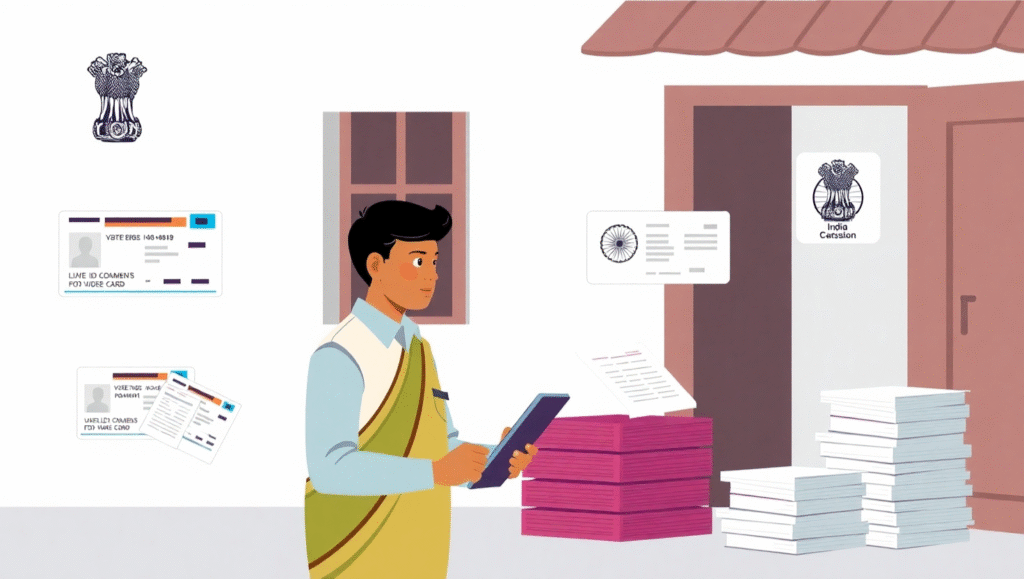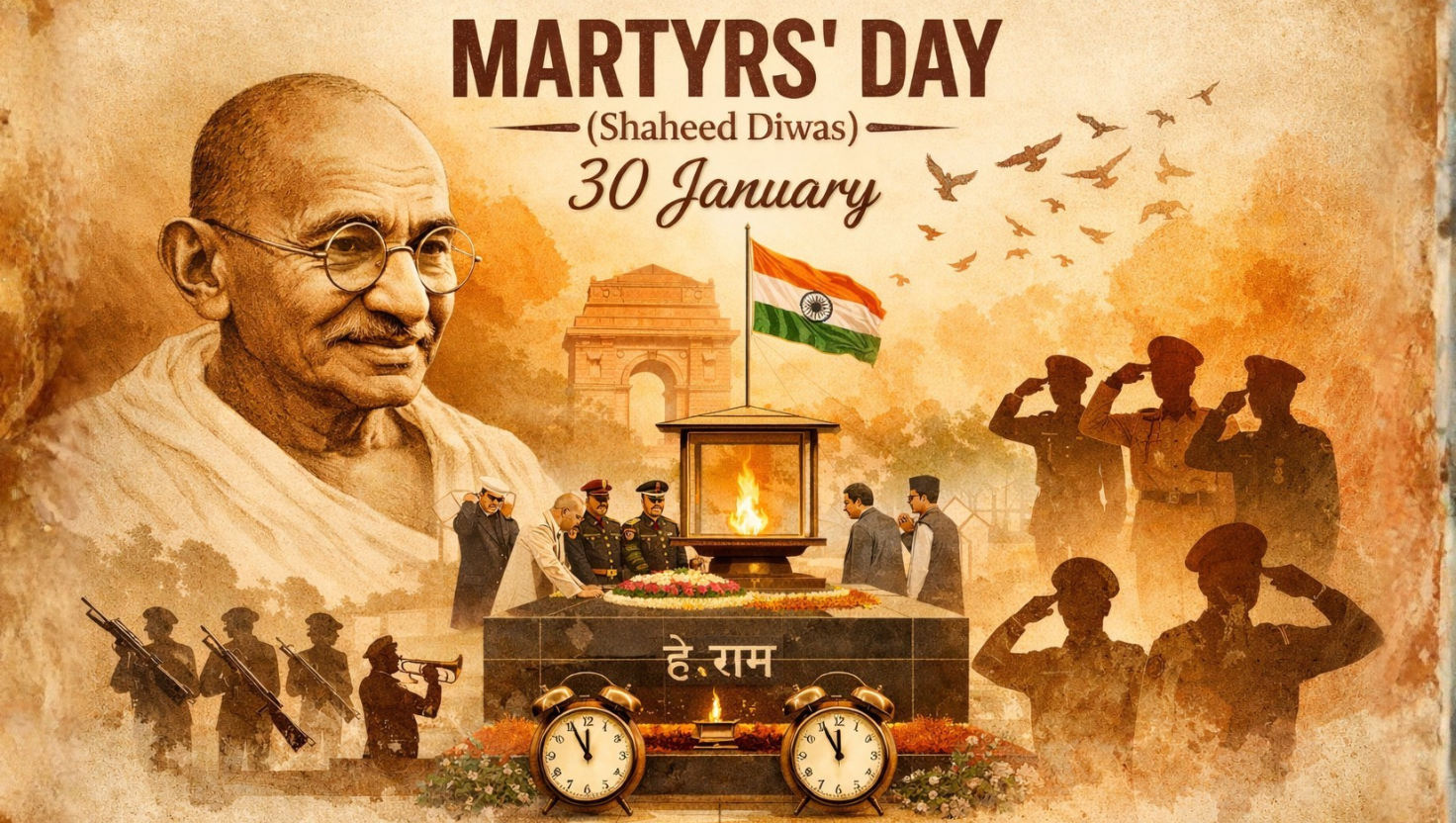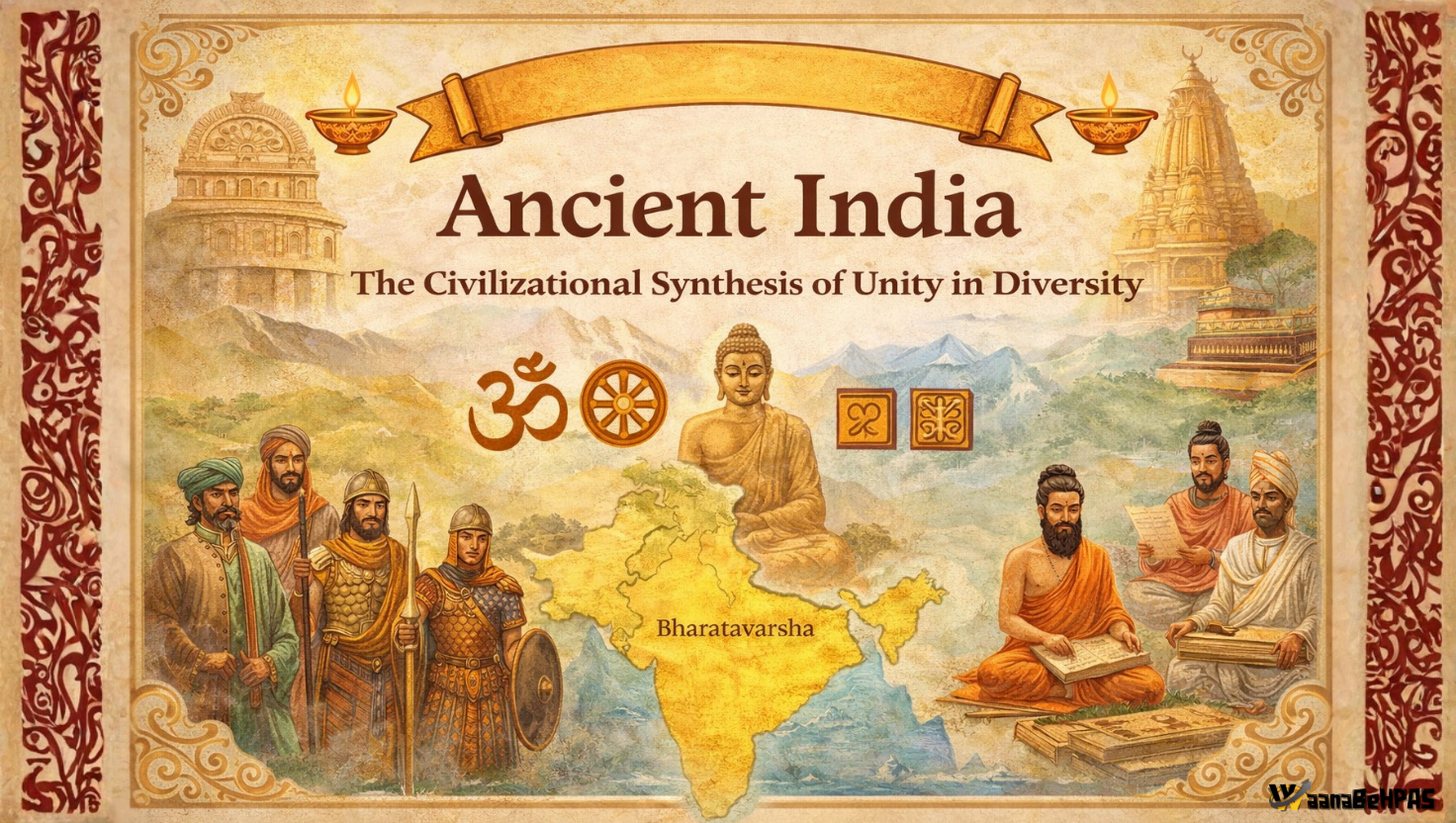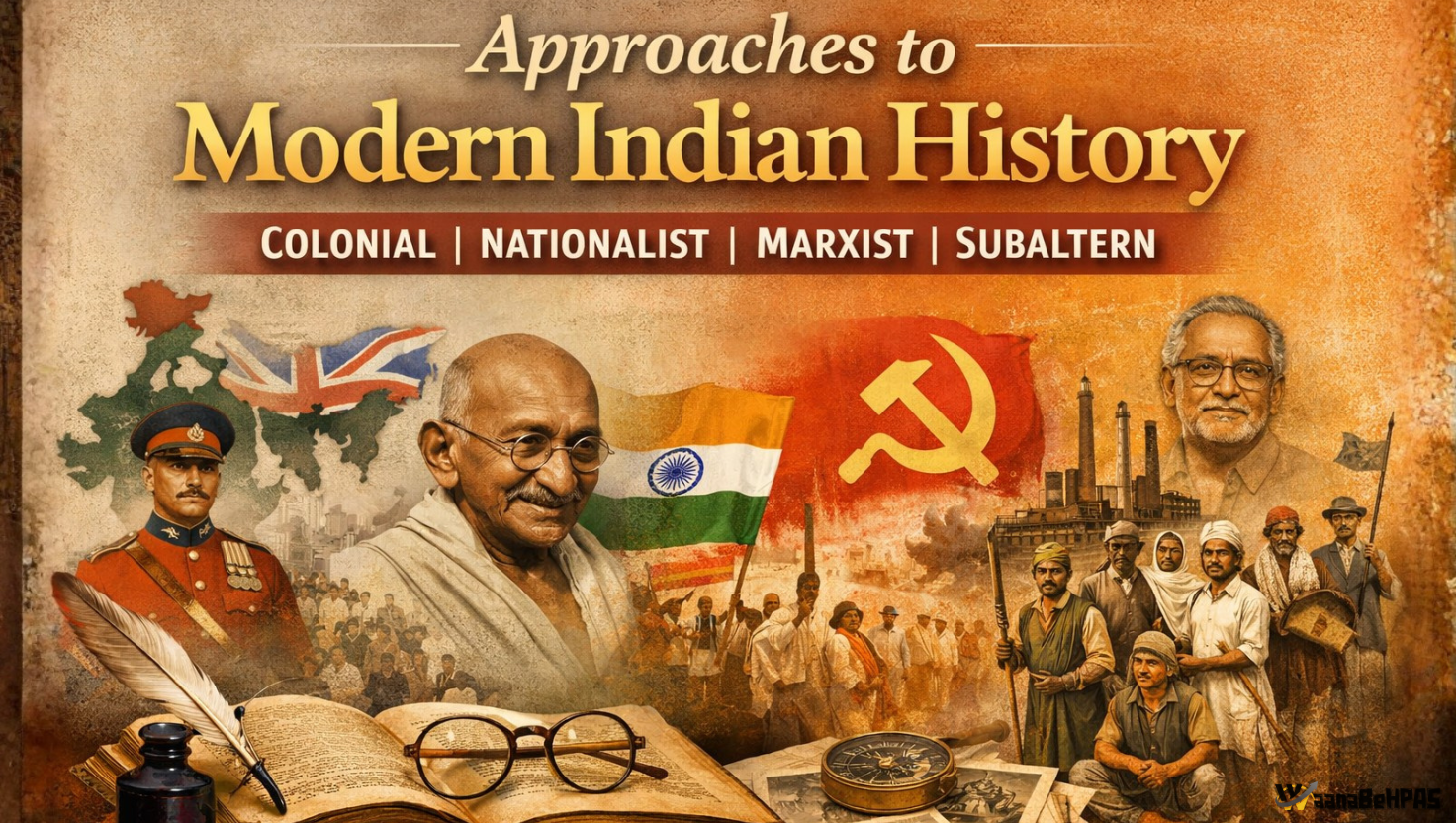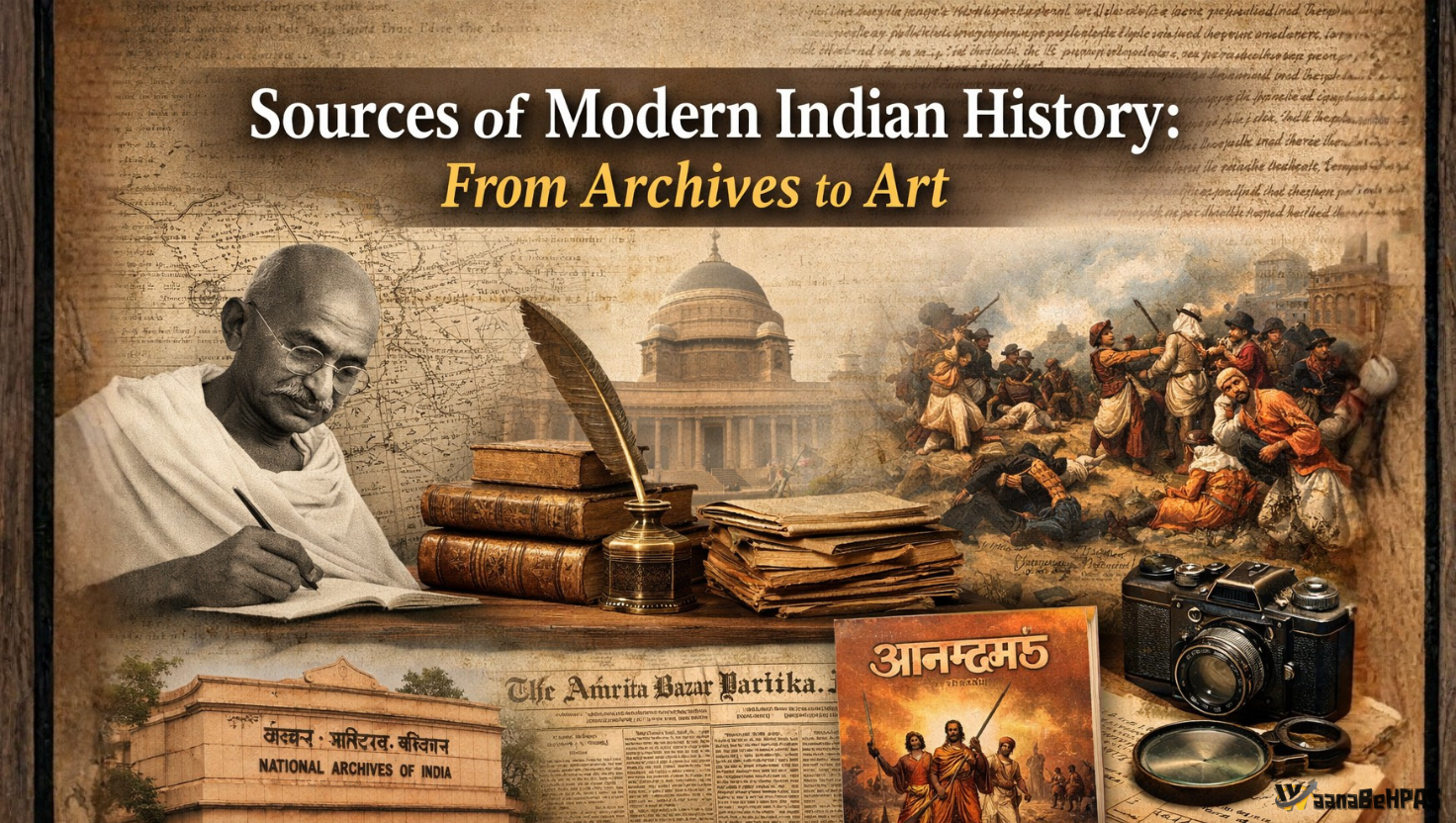Special Intensive Revision (SIR)
Syllabus: Polity – Electoral Process (GS-II)
Source: The Hindu
Context
The Supreme Court has begun hearing petitions challenging the Election Commission of India’s (ECI) Special Intensive Revision (SIR) of electoral rolls in Bihar. The move has raised constitutional, procedural, and political concerns, especially with the upcoming assembly elections approaching.
What is Special Intensive Revision (SIR)?
- Definition: SIR involves house-to-house verification of electoral rolls to detect inaccuracies or illegal entries.
- Legal Basis:
- Conducted under Section 21(3) of the Representation of the People Act, 1950.
- Empowered by Article 324 of the Constitution, granting ECI authority to supervise elections.
- Hybrid Nature: Combines elements of intensive and summary revision, requiring additional documentation in selected cases.
Why is SIR Needed?
- Duplicate Entries: Rapid urbanisation and migration have led to inflated and duplicated voter rolls (ECI, 2025).
- Political Complaints: Allegations of voter roll manipulation (e.g., Maharashtra, Rahul Gandhi’s claims) prompted re-verification.
- Outdated Records: Bihar’s last SIR was in 2003, leading to concerns about roll accuracy.
- Border Infiltration: In states like Bihar, earlier EC reports have flagged foreign national entries, needing proof-based checks.
- Ensuring Electoral Transparency: Aims to improve voter list credibility ahead of high-stakes elections.
How Does the SIR Process Work?
- Form Distribution: Booth Level Officers (BLOs) distribute pre-filled forms and collect updated details.
- Proof Submission: Voters, particularly those enrolled post-2003, must submit citizenship-related documents (birth certificates, parents’ proof).
- Verification: Electoral Registration Officers (EROs) decide on inclusion/deletion. Doubtful cases are referred under the Citizenship Act, 1955.
- Scale: In Bihar alone, over 8 crore voters are being verified by 1 lakh BLOs and 4 lakh volunteers.
- Timeline: The process is set to conclude by July 25, before the state elections.
Arguments in Favour of SIR
- Constitutional Validity: Article 324 grants ECI wide powers to ensure free and fair elections (SC: Mohinder Singh Gill case, 1977).
- Roll Purification: Helps eliminate duplicates and wrongful entries.
- Historical Precedent: SIRs were conducted during 1952–2004, especially after state reorganisations.
- Technological Integration: Use of digital databases, photographs, and GPS mapping reduces errors.
- Neutral Oversight: All political parties were invited to appoint Booth Level Agents (BLAs).
Arguments Against SIR
- Burden on Voters: The burden of proof has shifted to the voter, contrary to Rule 18 of the Registration of Electors Rules.
- Arbitrary Cut-off: Post-2003 enrollees face stricter scrutiny without legal basis.
- Disenfranchisement Risk: Marginalised groups, especially in Seemanchal and flood-affected regions, may lack formal documents.
- Ground-Level Irregularities: Reports of incorrect addresses, missing names, and blank entries (e.g., in Muzaffarpur).
- Political Targeting: Opposition alleges that conducting SIR only in Bihar before elections is politically motivated.
Way Forward
- Clarify Citizenship Criteria: Government should specify officially accepted documents under the Citizenship Act.
- Inclusive Documentation: Accept alternatives like Aadhaar, EPIC, Ration Card, MNREGA job card to avoid exclusion.
- Follow Established Practice: Refer to 2003 guidelines that promoted inclusive enumeration without excessive burden.
- Judicial Safeguards: As per Mohinder Singh Gill, post-election judicial review can ensure electoral justice.
- Pan-India Uniformity: To ensure fairness, consider a nationwide SIR if needed, not selective state-wise action.
Conclusion
The SIR in Bihar reflects the tension between electoral integrity and citizen inclusion. While updating voter rolls is necessary, the process must remain transparent, inclusive, and constitutionally sound. A balanced approach is key to safeguarding democratic rights and ensuring fair elections.

